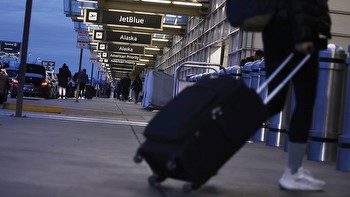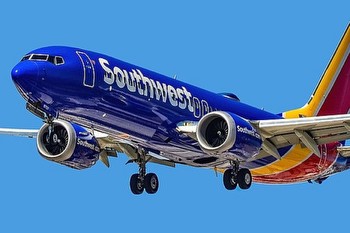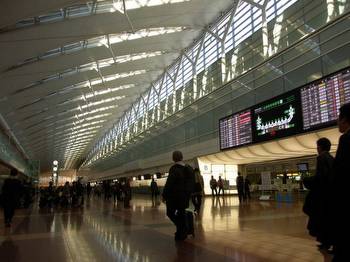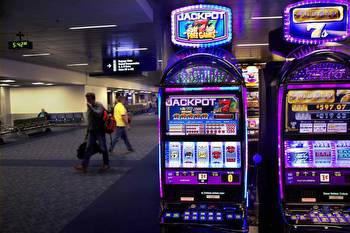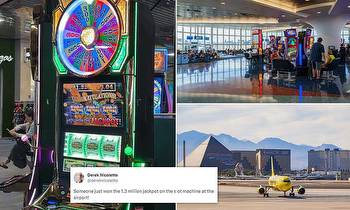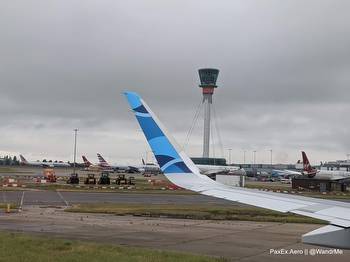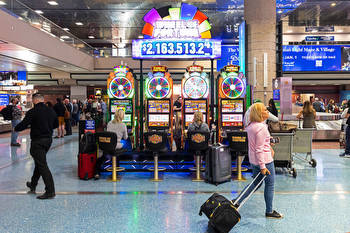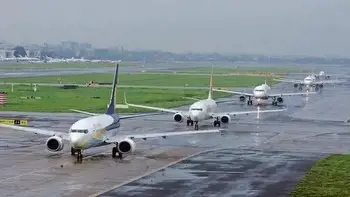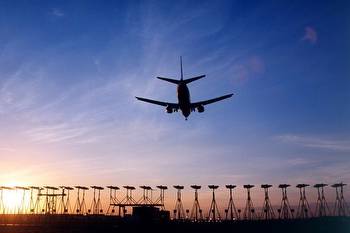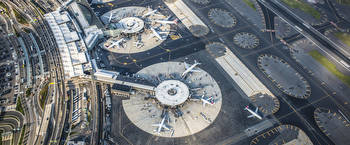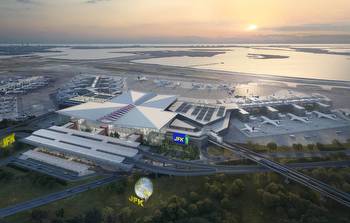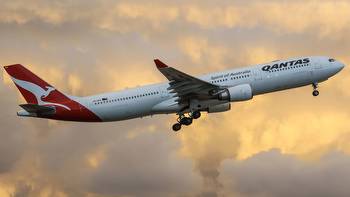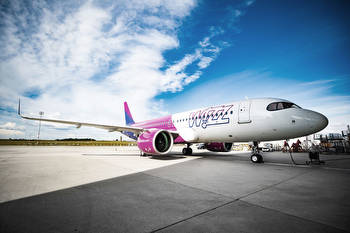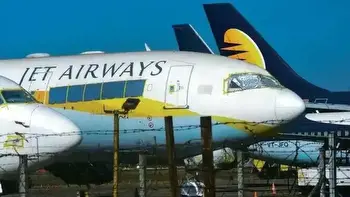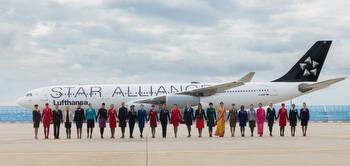UK Sets Out Airport Slot Reform Plans

The UK government is considering a potential overhaul of the process for allocating airport slots, which it claims has the potential to “usher in heightened market competition.”
The Transport Department has launched a consultation on the plans for reform, saying it wants to create “a more efficient, transparent and dynamic slot market” and establish a framework for the allocation of new slots.
The consultation will look at a range of options, including limiting the practice of slot leasing by larger airlines, which could see more “favorable” slots being instead allocated to newer and smaller carriers at UK airports. The potential of raising the 80/20 “use it or lose it” rule to a 90/10 ratio is also being explored, along with “slot auctions” as a method for allocating large-scale new capacity.
The government believes changes to the process will bring a more efficient use of existing and future UK airport slot capacity that could “contribute to lower fares, more destinations, and service innovations by airlines and airports.”
“This consultation will bring the sector to the forefront of decision-making, helping to end monopolies within the slot regime, drive healthy competition between airlines and make the aviation sector more dynamic for the future while also benefitting millions of passengers,” UK Aviation Minister Anthony Browne says.
Current legislation on airport slots in the UK mirrors that of the European Union (EU), where airlines must use slots at least 80% of the time to avoid losing them in the next equivalent season. However, the UK government says its withdrawal from the EU means it is now able to “take a more tailored approach.”
The government will assess the allocation process at eight UK airports—Birmingham, Bristol, London City, London Gatwick, London Heathrow, London Luton, London Stansted and Manchester—as well as Leeds Bradford, which is a designated slot-coordinated airport in the nighttime only from summer 2024.
The consultation will assess the potential to raise the slot usage ratio from 80/20 to 90/10 at some airports. The government says it “does not have a view on what level a higher usage ratio should be set at,” but says the objective is to “encourage more efficient and intensive usage of slots.”
A possible benefit of a higher usage ratio could be that slots for routes that have less passenger demand are returned to the slot pool and become available for other carriers, thereby improving competition. However, the department acknowledges that the number of slots at an airport is based on passenger or air traffic movement caps and, at present, there is “limited evidence” on the potential benefits and costs of increasing the slot usage ratio and how it might work operationally.
Other proposed changes include the establishment of a compulsory public slot register for each slot-coordinated airport, as well as implementing legislation to create a mandatory trading platform to facilitate the secondary trading of slots.
“The government believes that there are instances where secondary trading of slots needs to be scrutinized to ensure that the market is operating effectively, fairly and in a way which enables open competition,” the consultation document says. A regulatory body would therefore be set up and given a formal role in overseeing secondary trading, whereby it would review and approve slot trades.
Additionally, the department is proposing that slot leasing be limited to a set period, after which the slot will have to either be returned to the pool or flown by the original slot holder. It is also considering whether “slot auctioning” would be an effective means of allocating new slot capacity.
Other changes could see the UK’s Transport Secretary given powers to modify the definition of a new entrant, aligning it with the latest Worldwide Airport Slot Guidelines. This authority could also be used to set different limits or additional criteria for new entrants, tailored to the UK or specific airports.
Additionally, the government proposes that the restriction on re-routing, exchanging and transferring of slots, which currently applies to slots allocated to new entrants, should be extended to apply to new slots allocated to incumbents, too.
The consultation will run through Feb. 9, 2024.








